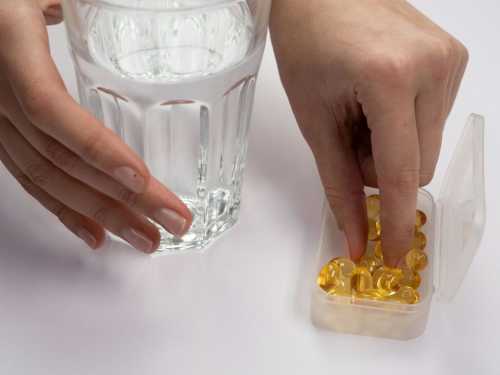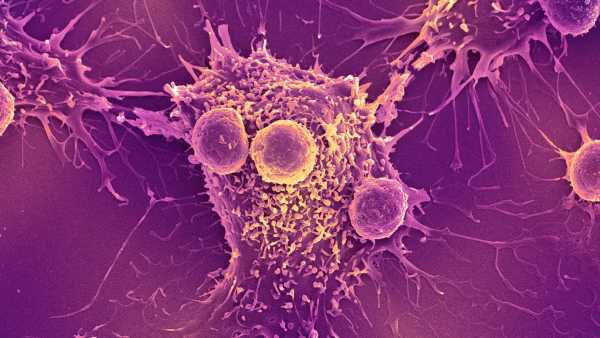
Scientists from Harvard have shown that vitamin D3 can slow down the processes of cellular aging. The study was conducted as part of the large-scale VITAL project, which involved almost 26,000 Americans over the age of 50. A subgroup of more than 1,000 volunteers was selected for analysis of telomere length, which was followed for four years. The results of the work are published in The American Journal of Clinical Nutrition.
Telomeres—protective sections of DNA at the ends of chromosomes—serve as a kind of “biological clock.” They become shorter with each cell division, and their shortening is associated with age-related changes and increased risk of disease.
The results were clear: those who took vitamin D3 (2000 IU) daily had significantly slower telomere shortening over four years than those in the placebo group. On average, telomere length remained 140 base pairs longer. Omega-3 acids had no noticeable effect.
The authors emphasize that vitamin D3 cannot be considered a “youth pill”, but its role in maintaining health and slowing cellular aging is increasingly supported by new data. Regular intake of this supplement may be an important element of prevention in old age.





